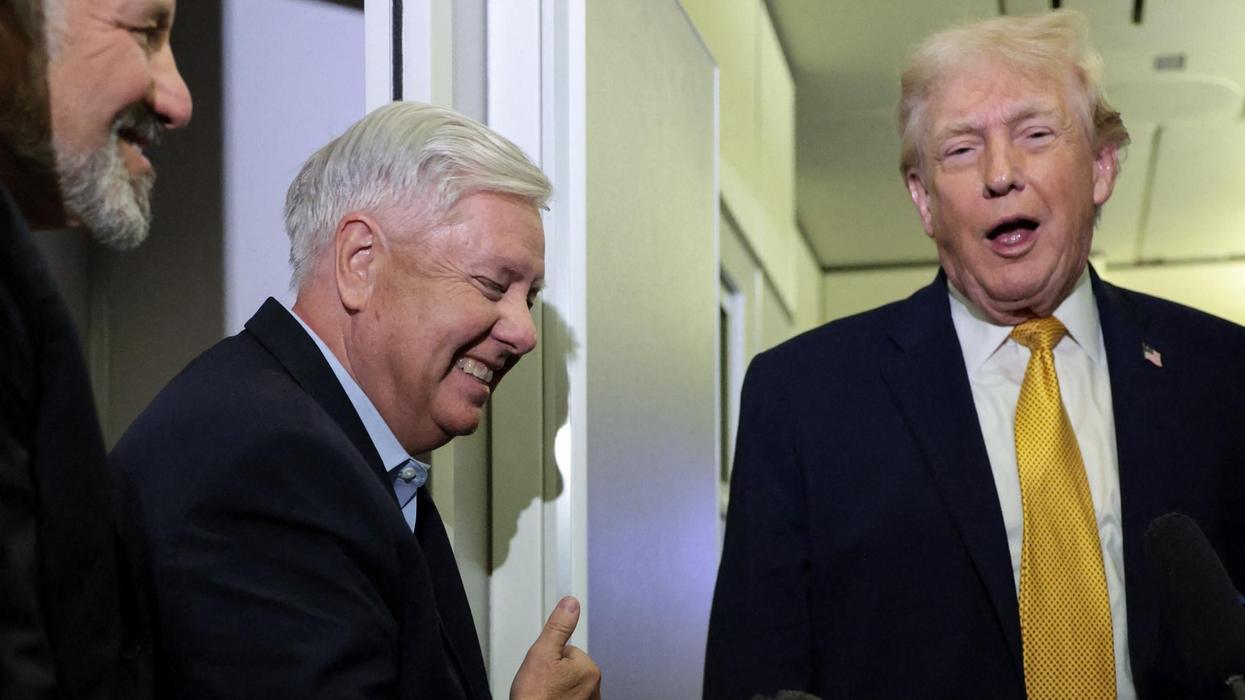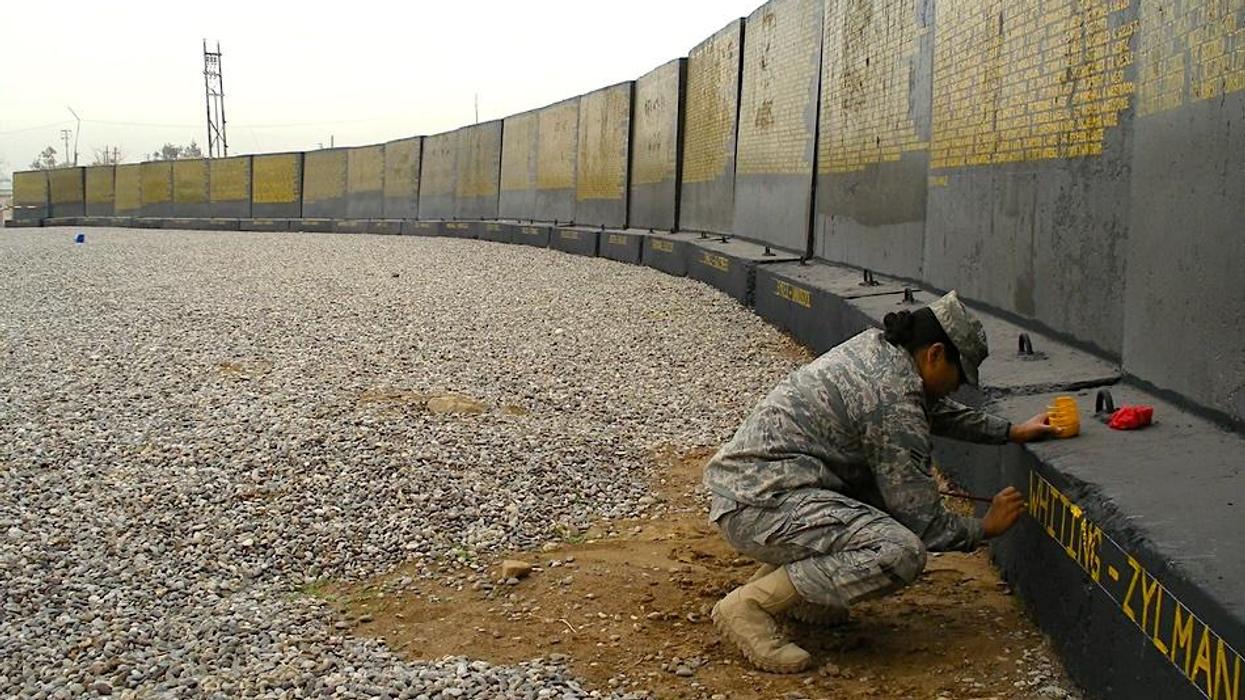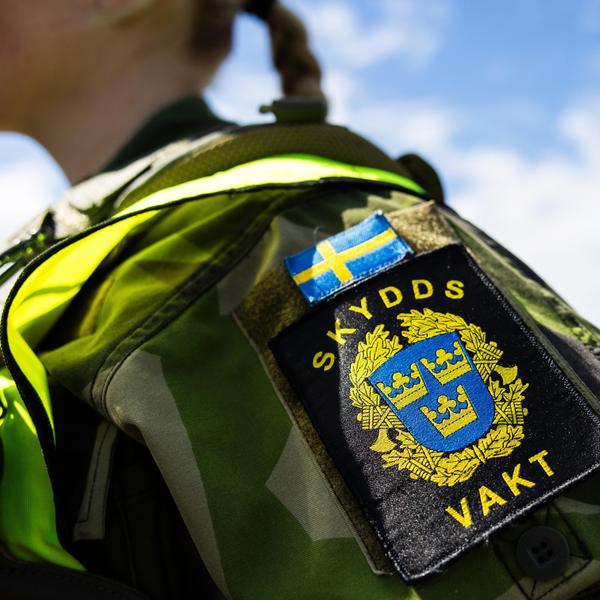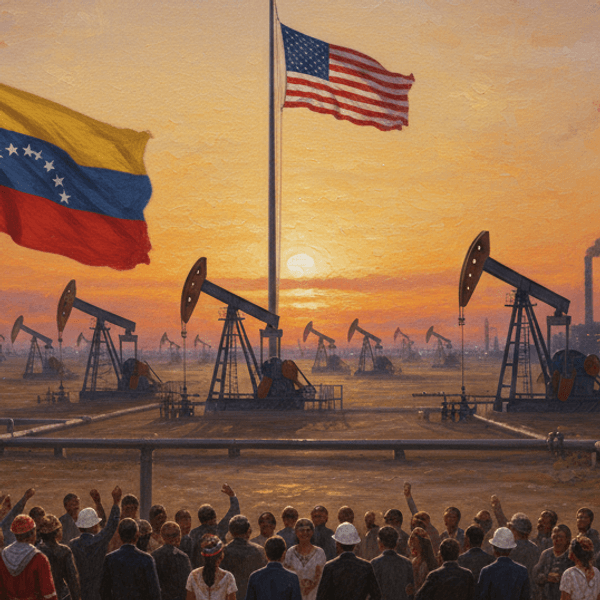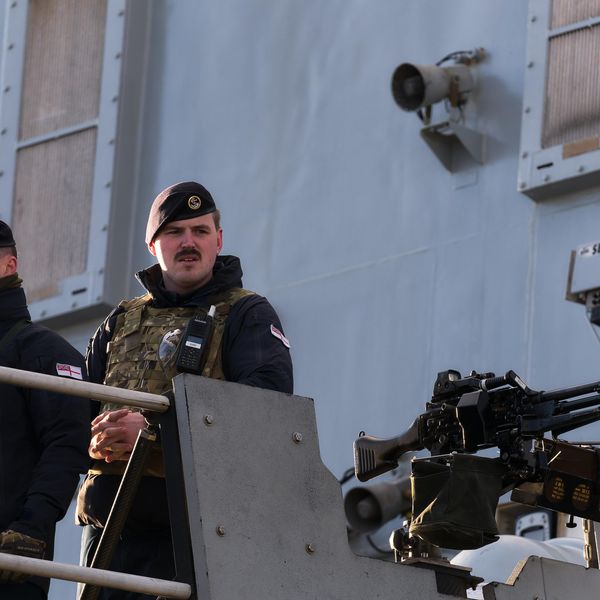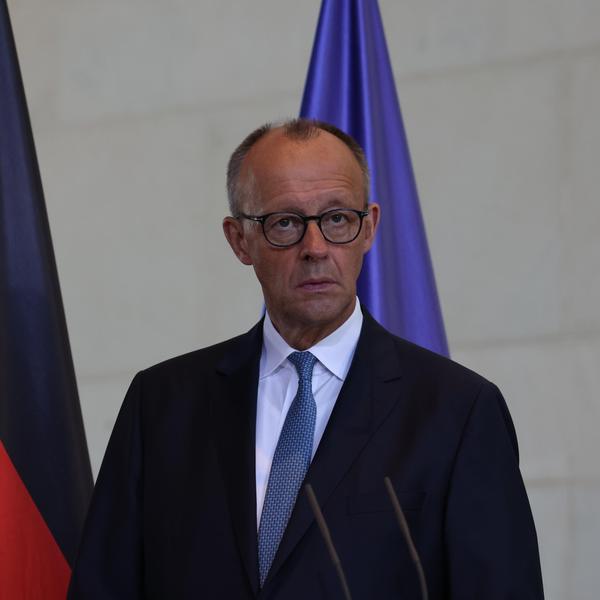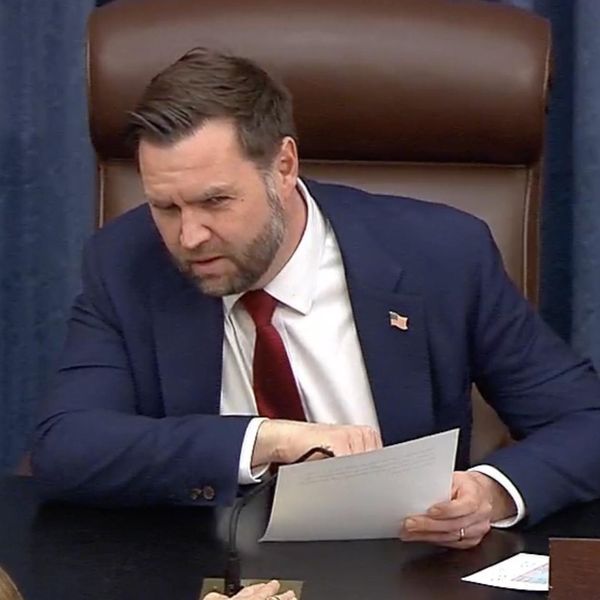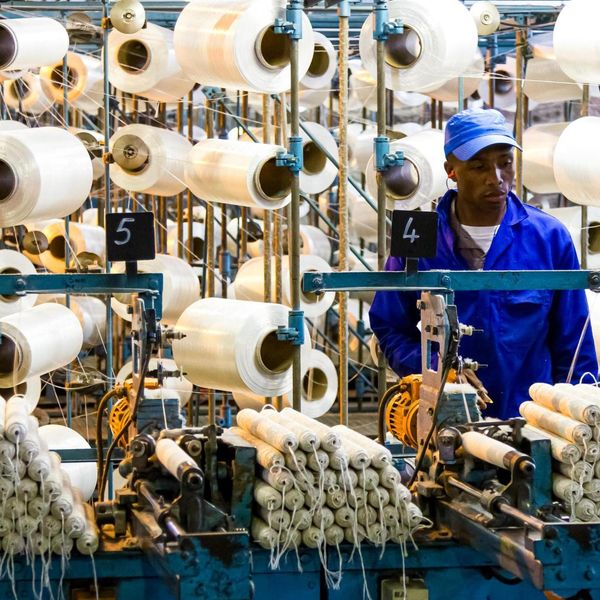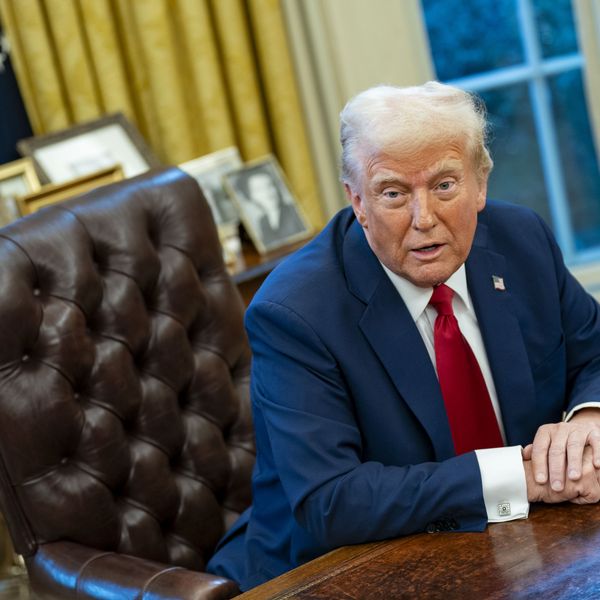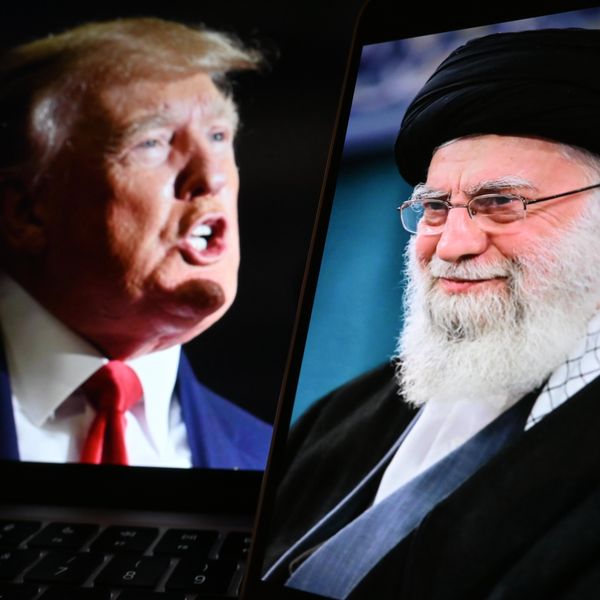David Ignatius has a good column today where he recognizes the outbreak of Mideast diplomacy. But he underplays the main force behind this: that regional actors are convinced that the United States is leaving, and that the era of complete Washington deference to its partners seems to be ending.
For the United States to support this embryonic yet promising diplomacy, it needs to better understand why it is happening now, and not earlier. Hint: It is not because the UAE suddenly has become a force for peace as Ignatius suggests.
But the UAE deserves credit. As the Washington Post columnist writes, Abu Dhabi reached out to Iran in 2019 after the attacks on UAE ships and Saudi oil fields. What he fails to mention, however, is that the UAE did so after realizing the U.S. wasn't going to be there to defend it. I wrote about it at the time.
Prior to this, the UAE and Saudi Arabia had rejected Iranian outreach numerous times because they were under the impression that their hawkish Iran policies were backed up by U.S. military might. Only after being dispelled of this illusion did diplomacy with Iran become an attractive option.
This development completely contradicts the Washington consensus that U.S. military support of these dictatorships is key to regional stability. Without the American military umbrella, the region would descend into chaos, or so it goes.
Of course, Restrainers have long correctly predicted that on the contrary, that the U.S. military presence has inadvertently fueled instability and has prevented the very regional outburst of diplomacy that we now are witnessing. Ignatius makes no mention of this.
Had Washington rejected the Beltway consensus and shifted earlier, this outbreak of regional diplomacy would likely have already taken place, countless lives could have been saved, and the United States would have been made more safe. I write about that here.
Contrary to Ignatius’s assessment, it is not the UAE that is the hero in this drama, but rather Iraq and Oman—two countries that pushed and led backdoor diplomacy throughout this period despite efforts at times by Washington to block such regional dialogue.
As one analyst close to the Saudi-Iranian talks held in Iraq told me, what prompted the Iraqis to step up and go from being messengers to mediators between Riyadh and Tehran was largely the realization that a U.S. military exit from the region was becoming a reality.
So what should the U.S. do to deliberately encourage this trend rather than accidentally stumble upon it, as has been the case thus far? First of all, express support for the Iraqi government's diplomacy.
Quincy put out a report on this last year detailing that roadmap:
Key points:
— Declare now a significant troop withdrawal by 2025-2030.
— This withdrawal will proceed regardless of any potential stability milestones —similar to the decision in Afghanistan. Otherwise, some states may destabilize the region in order to force the U.S. to stay.
— Make clear: no more deference to regional security partners. Their reckless and destabilizing activities will no longer be tolerated. The United States will no longer bail them out from the messes they create.
— Combine this with a diplomatic surge to create a new security architecture for the region, but Washington should let regional actors drive and lead this themselves.
— To gain leverage in the region, the United States should be on talking terms with all key powers in the Middle East. The policy of isolation ultimately deprives the U.S. from diplomatic leverage.
Again, there is no guarantee that this regional diplomacy will work. But continuing doing what we have done in the region for the last 25 years and expecting different results is simply stupid. Biden broke with that logic in Afghanistan. He should do the same for the Middle East as a whole.


